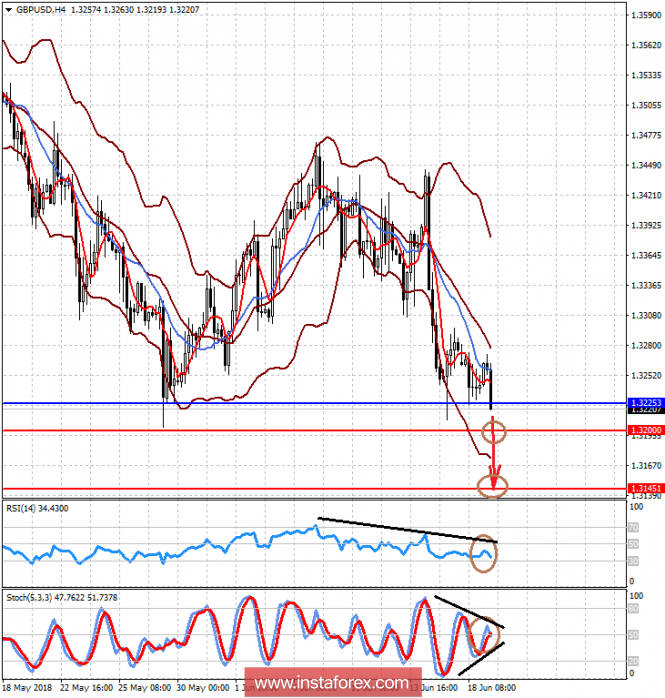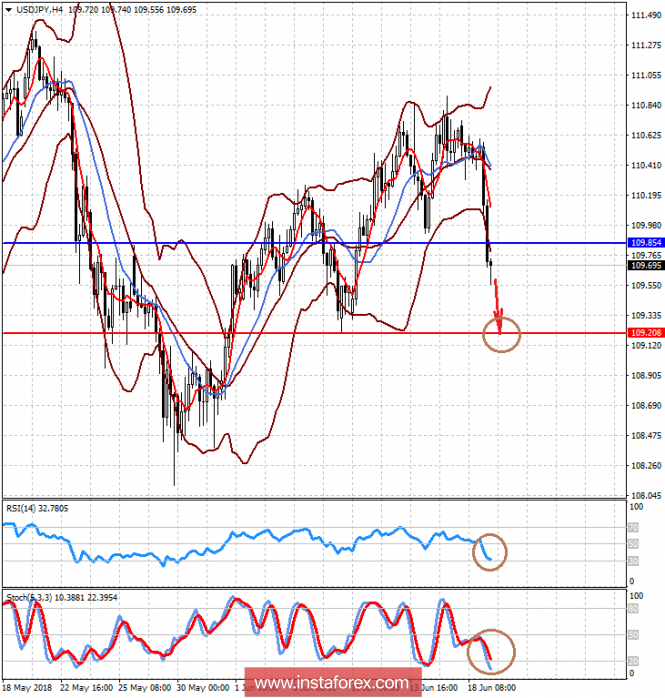The world markets are again agitated not only by D. Trump's promises to start trade wars all over the planet, but by the reality of their start.
Investors suddenly realized that there would be no acceptable compromise between the United States and China. It is likely that they will be able to "crush" heavily dependent Canada and Mexico (NAFTA), but the conflict with Europe may not be resolved, as Trump expects a complete victory. The danger of all these events is that, in deciding to no longer "feed" allies and other economic partners, the United States, in the person of its President, is rocking the boat of the world economy, and this against the background of trade wars will threaten to dump it in a new recession with all the ensuing negative consequences.
On Monday, the market reaction was still vague and did not reflect the growing concerns of investors. But already today in the Asian trading session, this trend began to be actively manifested. First of all, in the growth of demand for safe haven assets. In the morning, the strengthening of the Japanese yen and the Swiss franc continues. Government bonds of economically strong countries led by the US are enjoying increased attention. Thus, the yield of the benchmark 10-year Treasuries on electronic trading in the morning falls by 1.75% to 2.750%. After last week's attempt to once again overcome the important psychological level of 3.00%, the yield rolled back down just in the wake of the actual start of the trade war between Washington and Beijing.
Given such market sentiment, it can be assumed that the risk appetite of investors will decline, which is already reflected in the dynamics of the US stock market and other securities markets, including developing markets (EM).
Assessing this situation, we believe that it is worth paying attention to the yen and the Swiss franc, which will receive support as long as the tension surrounding trade wars will be maintained. As for commodites and commodity currencies, they are also likely to be under pressure from a possible fall in commodity prices and assets due to growing fears that trade wars will result in a fall in global demand for these assets and, as a consequence, a decline in production of goods, followed by a slowdown in world economic growth with a future transition to a new recession or recession.
The forecast for today:
GBPUSD is testing the level of 1.3225 in the wake of the weakness of sterling due to the unresolved problem of the withdrawal of Britain from the EU, and the falling of interest of investors to risky assets. A steadying below this level may lead to a price decline to 1.3200 and then to 1.3145.
The USDJPY pair remains under pressure on the wave of growth in demand for safe haven assets. The price overcame the mark of 109.85, which can serve as the basis for its further fall to 109.20 or even lower to 109.00.


